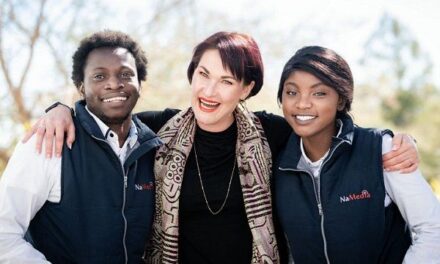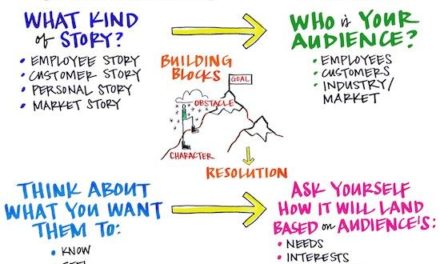
As communication deteriorates even cursory courtesies seem superfluous

THANK YOU – Only two words but so seldom meaningfully used! Yes, “thank you” has become so glib that we no longer attach much significance to it. It is only a short cutting-off point at the end of a contact, conversation, transaction or confrontation. No real meaning to it anymore. And even at that, with younger people nowadays it’s just a shrug of the shoulders to show their indifference.
Apart from a good upbringing, pressure of society and good manners, this state of affairs probably happened due to all the stress and frustration brought about by too many people in cities and communities. In fact, over the world; we seem to use language merely as a transient consequence to cope.
Many a time one is so annoyed and frustrated by long and cumbersome explaining and describing of some sociable discourse that one needs simply to cut-off. Gone are the days of sitting on the stoep, smoking one’s pipe participating in lengthy conversations with friends and neighbours. Even language and ways of communication have become as short and concise as possible and niceties and details have become trivial.
However, thank you, has always been a useful tool of covering up embarrassment, forgetfulness, a mishap and even an excuse for an insult. Also, it is useful for genuine feelings of sympathy, grief, participation, appreciation and assistance to express one’s concern for the discomfort of the other.
Another contributing factor is the role and influence of television and the smart phone. Everything is cut short by the attraction and insistence of looking at the screen or answering the phone. This is not the end of the line, but only the beginning of ever faster and escalating advancement of the intelligence age. Humans are, indeed, in the process of losing their individuality and freedom of expression as smart computers and robotics are increasingly acquiring these skills and extending their utilisation. This is not a threat, but the consequence of man’s progress. As Wikipedia explains: “Progress is the movement to a refined, improved, or otherwise desired state or; the idea that the advancement in technology, science and social organisation can result in an improved human condition …”.
Whether this progress actually will result in ‘an improved human condition’ only the future will tell.
The abruptness of today’s language is, in fact, to be decried and bemoaned as witnessed by youngsters’ reaction to their parents, teachers, peers and overseers, and let me immediately add, vice versa. Thank you, and even thanks, have almost totally disappeared or are considered an old fashioned way of speaking.
Maybe, with the advent of the technological age and robots taking over most of the slur and drudgery of everyday life and at the workplace, human beings will again be able to find their true self, their inborn civility and time to develop their behaviour and attitudes. All this predictable progress and development, let us hope, may indeed result in ‘an improved human condition’.
“This above all: to thine own self be true.
And it must follow, as the night the day,
Thou canst not then be false to any man.”
(Hamlet – Shakespeare – 1564-1616)
Richard S.











































